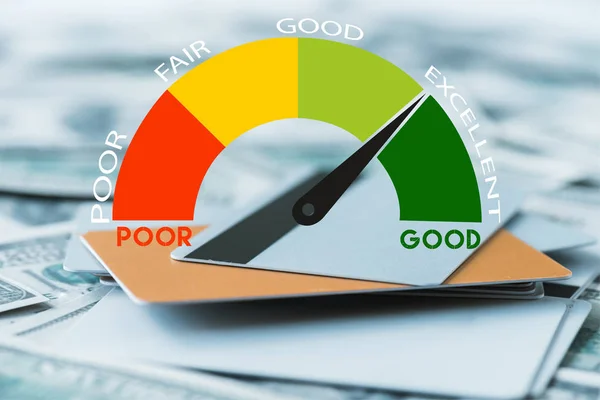Having a lender persuasive credit score is a major achievement. A stable credit rating comes with multiple benefits, including a lower rate of interest, more favorable loan terms, and easy availability of financial products. According to Scott Tominaga, those with a good credit history sometimes commit specific errors that put them in jeopardy. Here are five common mistakes that people should avoid to retain their credit score steady as it contributes to their financial health.
Missing Payments
The worst thing a credit score can experience is a missed payment. People with good credit can hardly realize just how fast a missed payment can hurt their credit score. One late payment alone can reduce the credit score sharply and will continue to appear on consumers’ credit reports for as long as seven years. Individuals with good credit may feel that they can get some consideration, but late payments hurt their credit history and raise red flags for potential lenders. To avoid setting reminders or using automatic payments is an ideal way not to miss any due date.
Maxing Out Credit Cards
Even after having an excellent credit score, its maximum use can negatively impact the credit utilization ratio. A credit utilization ratio compares the total outstanding balances of one’s credit cards against their credit limits, which is a major determinant factor of credit score. In an ideal scenario, the utilization should be less than 30%. Carrying high balances against credit limits indicates to the creditors that the consumer might be over-extended. Avoid using credit cards to the maximum limit; instead, seek to pay off balances regularly.
Not Checking Credit Report
Individuals with credit cards must be alert and verify their credit reports habitually. Although many people believe that owning a good credit rate means everything is orderly and simply ignore keeping track of inaccuracies often found in credit reports. Errors in one’s credit report can not only hit their score but also lead to issues when they apply for any loan. Under the Fair Credit Reporting Act (FCRA), a consumer has the right to get one free credit report, annually from all three credit bureau in the opinion of Scott Tominaga. Utilize the scope to check the report thoroughly and ensure its accuracy. If any issue, dispute the same immediately and get it corrected which automatically helps get back the lost credit score.
Closing Old Accounts
Closing old or unused credit accounts is another common mistake that people with good credit make. Although it may appear as an ideal way to minimize overspending, many people are not aware that closing old accounts can harm their credit score. Remind that one vital determining factor of one’s credit score is the length of credit history, and thereby retaining older accounts open can be helpful to maintain a lengthier credit history.

Applying for Too Much Loans at Once
Each time people apply for a new loan, a hard inquiry is recorded on their credit report and may result in a short-term decline in their score. A person with good credit might think they can afford to apply for several new credit cards or loans simultaneously, but this can be an alert sign to lenders that they are overextending themselves. Doing so can eventually impact the creditworthiness of a consumer to future lenders.
To conclude, having a steady credit background needs careful management of it. Make sure to shun these common mistakes to leverage the advantages of having a strong credit rating and dodge unwanted pitfalls.




